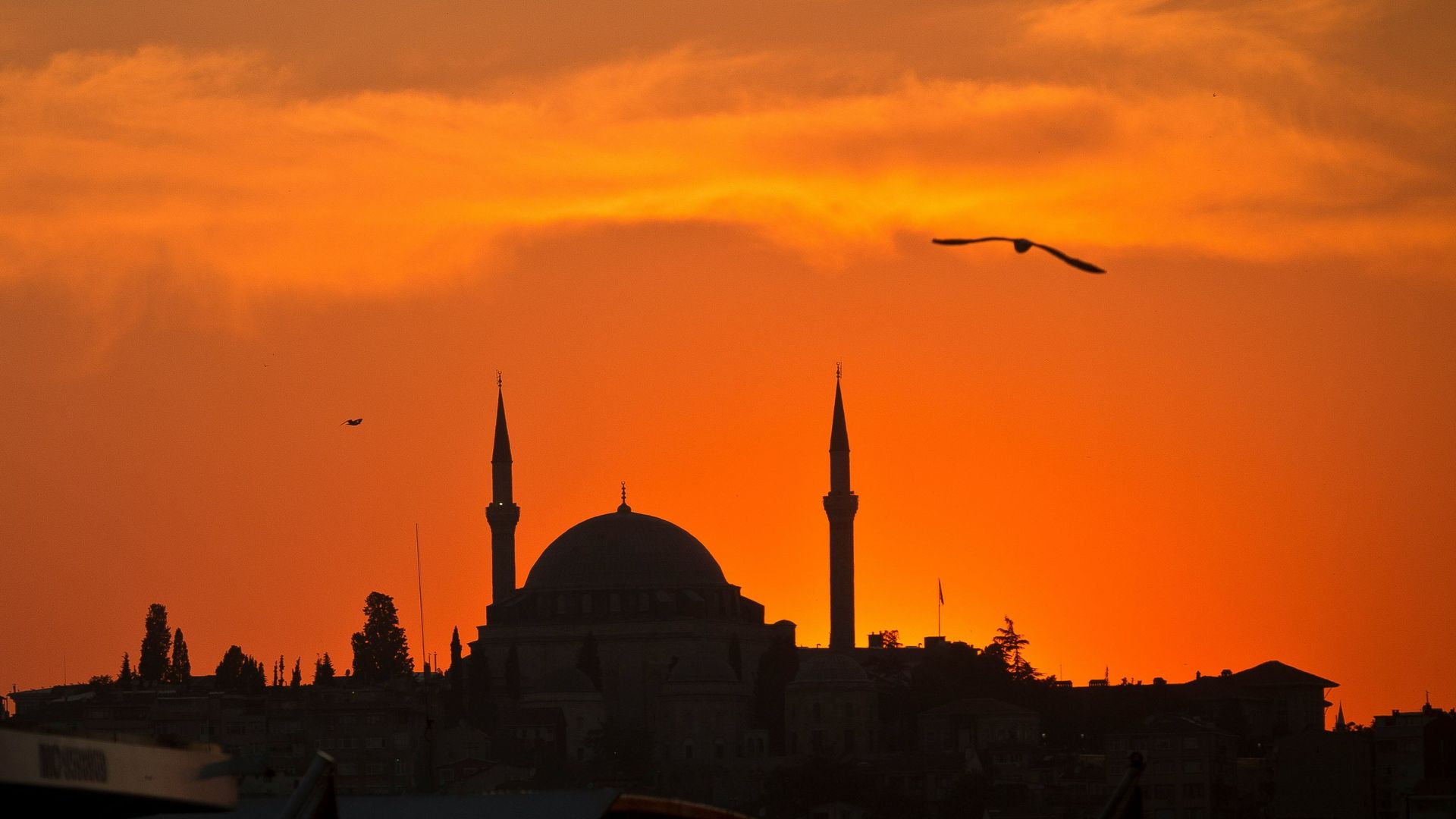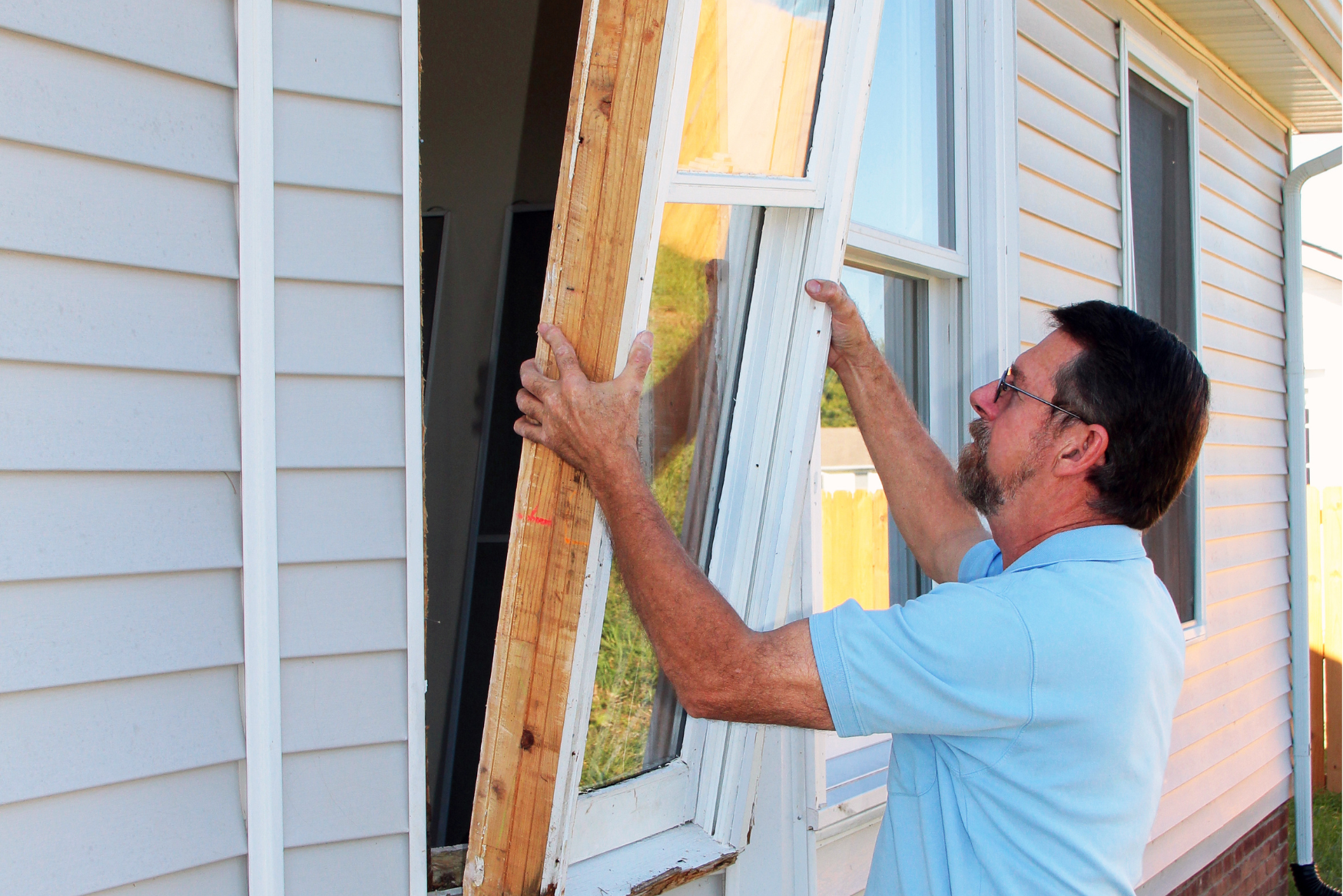
Inviting the nations to our tables
The United States and Canada have welcomed more than 50 million immigrants, many of them from countries with the least access to the Good News. In response to this great opportunity, SEND has launched a new outreach: Diaspora | North America. You can also get to know workers in New York City and Seattle , where ministry teams are reaching out to diaspora peoples in diverse ways that reflect the complexities of each group’s culture. Below, read an interview with interview MS, who has spent just a few months engaging Muslim refugees near Atlanta.
1. What are some of the biggest challenges facing the people you serve?
Though the people we work with are trying to learn English, it is hard to navigate the government process and new places without knowing the language. It is also difficult to get a driver’s license, so the men often spend their time only at work or at home, and the women are at home most of the time. They also have a smaller community for support than what they were used to back home. Some families have been separated from each other.
2. Can you describe a “typical” day?
My wife takes women and children to the doctor or dentist in the morning. I usually spend my morning working on a script for a radio program that broadcasts in Central Asia. The current script is about the fruit of the Spirit. By around lunchtime, the men are up — most of them work nights at factories for credit cards or chicken — so we go visit people in their homes. This usually includes tea with a cookie of some sort. Sometimes we even get lunch! Then we will either go to a prayer meeting, a church service, or have a family over for dinner and/or tea.
3. How have you built relationships?
The biggest way to meet people is to invite the people you already know to do something and have them bring a friend. For instance, we hosted a Super Bowl party —something new and foreign to most people we work with — and had them invite friends. Twenty people in an apartment living room with the boom of sports and the smell of food is a blast!
My wife and the woman she partners with are working with pregnant women, and something amazing happens when you are involved in that area of life. As she helps refugee families navigate their pregnancies in hospitals that are foreign to them, they see how much she cares for them and how helpful it is to have someone there with them. This results in the families telling other families about my wife and our co-worker, which brings more families into relationship.
I am currently trying to figure out how to bridge the gap and reach the men. This has been a little difficult, but I am sure it will happen.
4. Tell us about one memorable moment.
I had a couple of men over for a game night, not knowing what to expect but hopeful that getting these guys together would make for an opportunity to see God work. Sure enough, as soon as one man got there, he began to tell us about how he had experienced miracles in his life — and he credited Jesus with them. He has even had dreams that are clearly from Jesus. He is on his way to becoming a brother and I can’t wait. The only thing that seems to hold him back is a fear for his life, and that is something that American Christians must realize. We don’t always pay for our faith up front, but many of the people we work with can and do get persecuted as soon as they admit faith in Jesus. This takes great courage, and I pray this man receives that from God.
5. What are some of the challenges?
The culture operates on an honor-shame system, so many of the refugees we work with rely heavily on the community to dictate what brings shame or honor. Trusting in Jesus for salvation can bring shame on their community; just showing interest and asking questions can, too.
When they decide to follow Jesus, they can be cut off from that community. Imagine being asked to do something that could risk relationship with your family and friends. That is a broad challenge for ministry to Muslims everywhere.
A challenge that is a little more personal for us is the language barrier. Though most of the refugees we work with speak decent English, it can still be tough to build up enough relationship to take conversations past the surface level and then to have them understand when you get there. Sometimes religious language can be the problem. For instance, when we say Son of God, we mean Jesus in relation to the Father, but when they hear it, they think God had sexual relations with Mary. They often have assumptions about Christians and what we believe based on what they have been told by their communities. We have to wade through that and uncover the truth with them.
6. What are some remarkable things you’ve learned about the people you serve?
We have found that Muslims are some of the most hospitable people we have ever met — way more than I have ever been used to. They are interested in talking about spiritual matters.
7. What are some effective ways to share the gospel with Muslim refugees?
As I mentioned before, they come from an honor-shame culture. Talking about how we are guilty before God and need to be justified isn’t as effective as it would be for Americans. I am still working on reorienting how I think about the Good News. I need to think in terms of when Adam disobeyed God, he brought shame not only on himself but on all of his family and children because he dishonored God. In their culture, the only one who can restore a person’s honor is the one who was dishonored — in this case, God. So helping someone see that all of mankind lives in shame because we dishonored the God of the universe is a great step. Then that provides the foundation for saying that God wants to reconcile and bring us back in through what Jesus has done. This kind of conversation is best over tea in someone’s home.
8. Why do you think diaspora ministry is valuable?
The answer is simple: Jesus said go to the nations. Well, the nations are all around us here in the U.S. Why not go to them here, too? My hope is that by reaching some here, they will then return to their home country and reach their own people at a level that I could never even begin to understand.
9. What are some practical ways that people can get involved with this ministry?
Find out what is going on in your city with refugees and join in. If you know a family that is not from here, invite them over to your house. Sadly, most refugees will live here and never be invited into the home of an American. Show them what you are like and how you live and, at the same time, learn how they live.
More about Diaspora | North America
Resources — Find videos, statistics and tools for connecting with diaspora people at SEND's new Diaspora | North America home page.
'What is Diaspora Ministry?' — Hear a discussion about what diaspora ministry entails on the Global Missions Podcast.
Seeking in Seattle — SEND worker brings the gospel message to the Japanese diaspora in the Pacific Northwest.
Reaching UPGs in NYC — Within this diverse city live ethnic enclaves representing more than 50 groups that have little to no access to the gospel.
Who is my New Neighbor — A visual look at how communities are shifting, with ideas for getting involved.
Additional Posts




